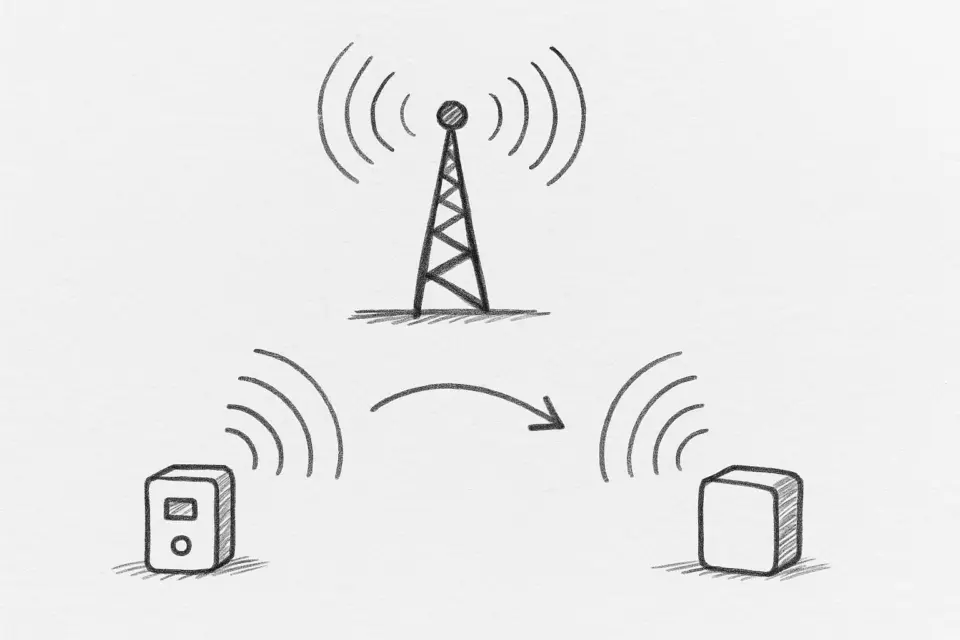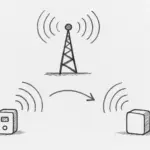Revolutionizing IoT: EU-Funded Project Ambient-6G Develops Battery-Free Devices

The Internet of Things (IoT) produces more and more devices that need to be battery-replaced regularly. An international research group, including the Technical University of Graz, aims to solve this problem by providing IoT devices with power through wireless transmission or ambient energy harvesting. The EU-funded project “Ambient-6G” received 8.4 million euros.
The number of Internet-of-Things (IoT) devices will rapidly increase in the coming years. A key aspect here is reducing waste and avoiding battery replacement and disposal. The Ambient-6G project focuses on renewing the Internet of Things by operating devices via radio or through energy harvesting from their surroundings (heat, vibrations).
Energy-Neutral Backscatter Communication
Researchers are working on a new communication method for IoT devices: “backscatter communication“. This passive communication transfers information by reflecting very slightly modulated radio signals. This enables small energies generated by the signals to be enough to power the devices. Backscatter communication works like an “echo”, where a transmitter sends a signal and the receiver reflects it to transmit its own information.
Distributed Antenna Systems Enable Low Transmission Power
The Ambient-6G project is also investigating distributed antenna systems as an effective communication method with IoT devices. These systems allow for low transmission power of individual antennas, thereby minimizing harmful radiation exposure in the environment.
Application Areas
Battery-free IoT devices have a wide range of application areas. For example, electronic shelf labels in large supermarkets could help reduce waste and maintenance costs. In logistics, goods could be tracked seamlessly over long distances with high accuracy.
Weak Signals Pose a Challenge
There are still some challenges to overcome before battery-free IoT devices become a practical option. One of these is signal processing. Researchers need to develop special algorithms to extract useful information from noisy signals.
Source: www.tugraz.at/news/artikel/batterielose-energie-iot














